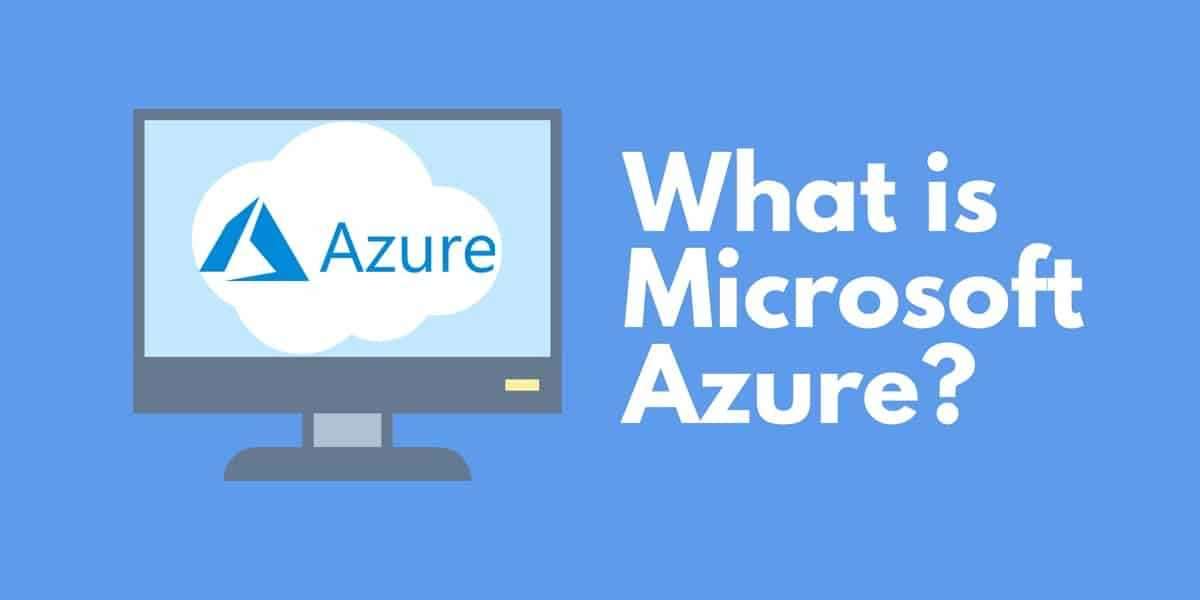Introduction
In today's rapidly evolving digital landscape, cloud computing has become a fundamental part of modern business operations. Microsoft Azure, often simply referred to as Azure, is one of the leading cloud computing platforms in the world. In this article, we will explore what is Microsoft Azure? , its key features, and the benefits it offers to businesses and individuals.
What is Microsoft Azure?
Microsoft Azure is a comprehensive cloud computing platform and infrastructure created by Microsoft. Launched in 2010, it provides a wide range of cloud services that encompass computing, storage, databases, networking, artificial intelligence (AI), Internet of Things (IoT), and more. Azure enables organizations and developers to build, deploy, and manage applications and services through Microsoft-managed data centers worldwide.
Key Features of Microsoft Azure
Scalability: Azure offers the flexibility to scale resources up or down as needed. This elasticity is particularly useful for businesses with fluctuating workloads.
Global Reach: Microsoft has data centers strategically located around the world. This global presence ensures low-latency access and compliance with regional data regulations.
Hybrid Cloud Capabilities: Azure supports hybrid cloud environments, allowing businesses to integrate on-premises infrastructure with Azure's cloud services seamlessly.
Security and Compliance: Microsoft has made significant investments in security measures and compliance certifications to protect data and ensure regulatory compliance.
AI and Machine Learning: Azure provides a rich set of tools and services for developing and deploying AI and machine learning models, making it an excellent choice for data-driven organizations.
Developer-Friendly: Azure supports a wide range of programming languages and frameworks, making it accessible to developers with different skill sets.
Extensive Ecosystem: Azure integrates with various Microsoft and third-party products, such as Windows Server, SQL Server, and Linux, creating a vast ecosystem of tools and services.
Benefits of Using Microsoft Azure
Cost-Efficiency: Azure's pay-as-you-go pricing model means users only pay for the resources they consume. This can result in significant cost savings compared to traditional IT infrastructure.
Reliability: Microsoft Azure boasts high availability and redundancy, minimizing downtime and ensuring that applications remain accessible even in the face of hardware failures.
Global Expansion: Azure's worldwide data centers allow businesses to expand their reach into international markets without significant infrastructure investments.
Innovation: With Azure, developers can leverage cutting-edge technologies like AI, IoT, and blockchain to create innovative solutions and stay competitive in their respective industries.
Managed Services: Azure offers a variety of managed services, reducing the operational burden on IT teams and allowing them to focus on strategic tasks.
Scalability: Azure's ability to scale resources up or down rapidly makes it an ideal choice for startups and enterprises alike, accommodating growth and changes in demand.
Conclusion
Microsoft Azure is a powerful cloud computing platform that has transformed the way businesses and individuals manage and deploy applications and services. With its extensive range of features, global reach, and commitment to security and compliance, Azure has become a vital tool for organizations looking to stay competitive in the digital age. Whether you're a developer, IT professional, or business leader, Microsoft Azure offers a wide array of tools and services to help you innovate and succeed in today's cloud-first world.





